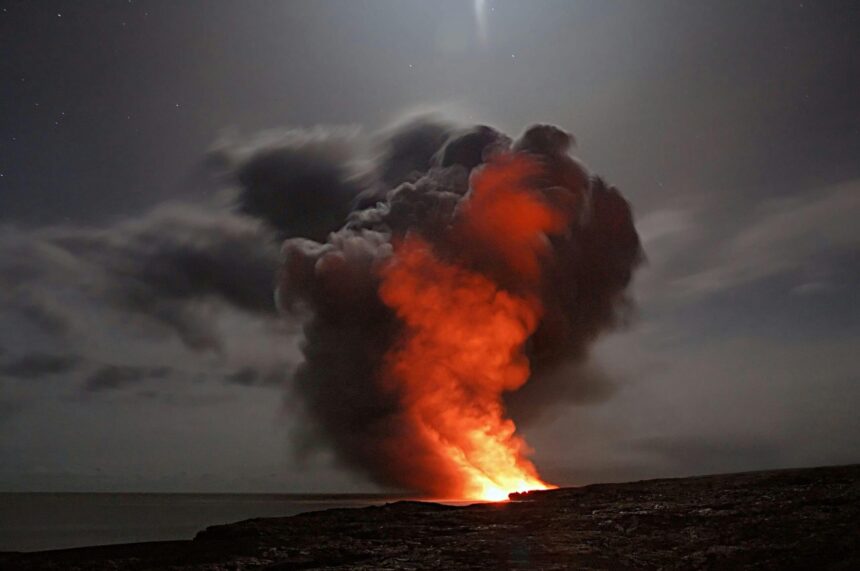President Donald Trump recently revealed that Iran provided advanced notice of its missile attack on the U.S. military’s Al Udeid Air Base in Qatar. The attack, which Trump described as a weak response, resulted in minimal damage and no injuries.
In a post on his Truth Social platform, Trump stated that out of the 14 missiles launched by Iran, 13 were intercepted, and the remaining one posed no threat. This attack was Iran’s retaliation for a strike ordered by Trump on three Iranian nuclear facilities.
Fortunately, no Americans or Qataris were harmed during the missile barrage. Trump expressed gratitude towards Iran for giving early warning, which prevented any casualties. Despite Trump’s assessment of the attack as ineffective and orchestrated, Iranian state media portrayed it as a decisive response to the U.S. strike.
The Iranian armed forces emphasized their commitment to defending their sovereignty and national security, vowing to retaliate against any violations. This incident echoed a similar event in January 2020 when Iranian forces targeted U.S. troops in Iraq following the killing of Iranian Gen. Qassem Soleimani.
Following the 2020 attack, Trump opted not to escalate tensions further, despite some troops sustaining injuries. While no American service members lost their lives, the incident highlighted the volatile nature of U.S.-Iran relations.
In conclusion, Trump’s acknowledgment of Iran’s advance notice and the limited impact of the missile attack underscore the delicate balance of power in the region. As tensions persist, it is crucial to prioritize diplomatic solutions to prevent further escalation and protect the safety of all involved parties.








